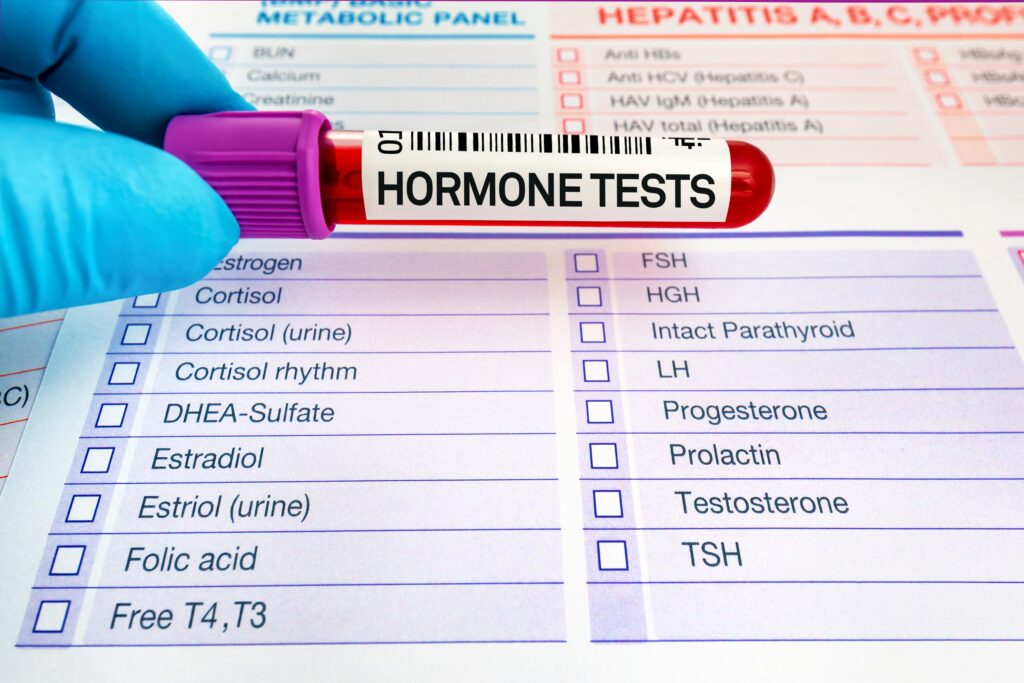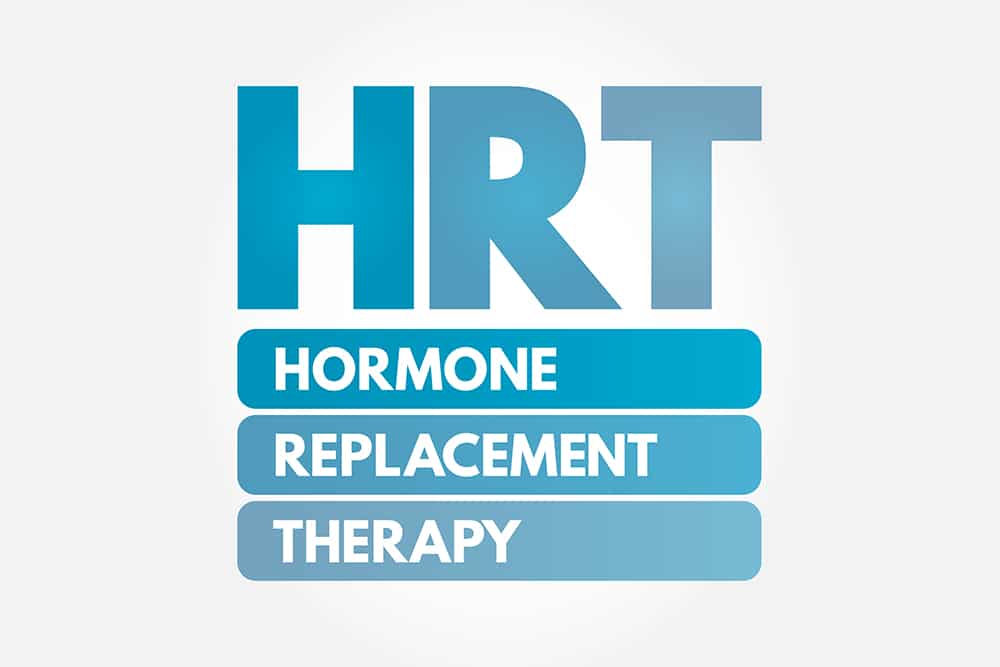As awareness of the menopause and symptoms has increased in recent years so has the number of women taking HRT treatments to mitigate their symptoms with the use of Hormone Replacement Therapy treatments. According to National Institute for Health and Care (NICE) about a million women in the UK use treatment for symptoms of menopause. The NHS confirm that the data shows that prescriptions of HRT has increased by 35% when comparing 2020/21 data to 2021/22 .
These treatments can replace the diminishing levels of hormones responsible for the change, the hormones include estrogen, testosterone, progesterone, and DHEA. These hormones, available through Bodyline, provide a targeted action unlike standardised HRT prescriptions which offer the one-size-fits all approach.
What should I expect?
HRT (Hormone Replacement Therapy) can come in the form of creams, gels, lozenges, or capsules. HRT is most used to treat symptoms like hot flashes and night sweats, making menopausal women’s lives miserable, but it can also be used to treat other conditions like low testosterone levels, osteoporosis, endometriosis and more.
With the help of HRT, women suffering from hormone deficiencies through perimenopause and the menopause can be set free from the life altering symptoms! But when you’ve started an HRT treatment designed to target your personal symptoms, what should you expect?
Side Effects
Like many medications, HRT can see side effects in its users, depending on which hormone they are replacing. The side effects generally improve and become less noticeable over time, however if they persist it is important you let your Bodyline Specialist Menopause Nurse know, and your prescription can be altered and titrated to your specific needs.
Here are some of the side effects that you can expect when starting your HRT treatment.
If you are on a progesterone only HRT, you can expect to see:
- Breast tenderness
- Spotting
- Missed periods
- Any other premenstrual symptoms
For severe breast tenderness, we will advise you to stop taking the medication until these side effects subside, then gradually reintroduce them.
If you are on a combined progesterone and estrogen HRT you can expect to see:
- Bloating and fluid retention
- Breast tenderness
- Spotting or an unexpected period
- All other premenstrual syndrome symptoms
We will advise you to stop taking the medication until these side effects subside, then gradually reintroduce them
If you are taking testosterone HRT, you may see:
- Acne
- Greasy skin
- In rare cases, hair loss
If you experience hair loss, we will advise you to stop taking the medication and inform your doctor. For the other symptoms we suggest you stop taking the medication and wait until symptoms have cleared before gradually restarting the medication.
Similarly, if your programme includes DHEA you may expect:
- Acne
- Irritable moods
- In rare cases, hair loss
Again, if you experience hair loss, we advise you to stop taking the medication and inform your doctor.
Risks
Although it is rare, using HRT treatments may increase your risk of getting breast cancer. If this is something you are concerned about, it is best to approach your doctor before beginning a medical wellness journey on HRT.
Will I gain weight on HRT?
Menopause is one of the leading causes of weight gain in older women, coming as a side effect of the reduced estrogen levels. Therefore, HRT can be a way to pre-emptively avoid such weight gain when taken in the perimenopause stage.
HRT will not cause weight gain, but if you are worried about your weight, you should know that Bodyline offers guaranteed weight loss success with our medical weight loss programmes. Read more here.















